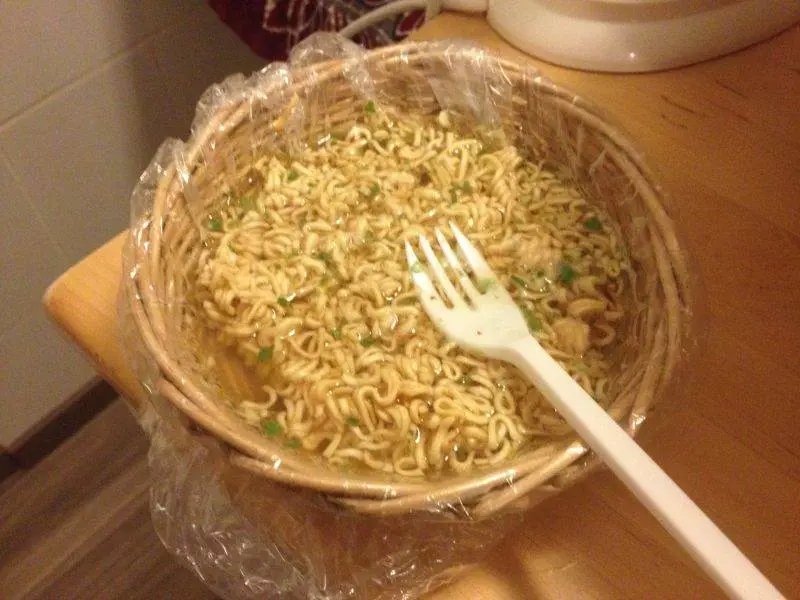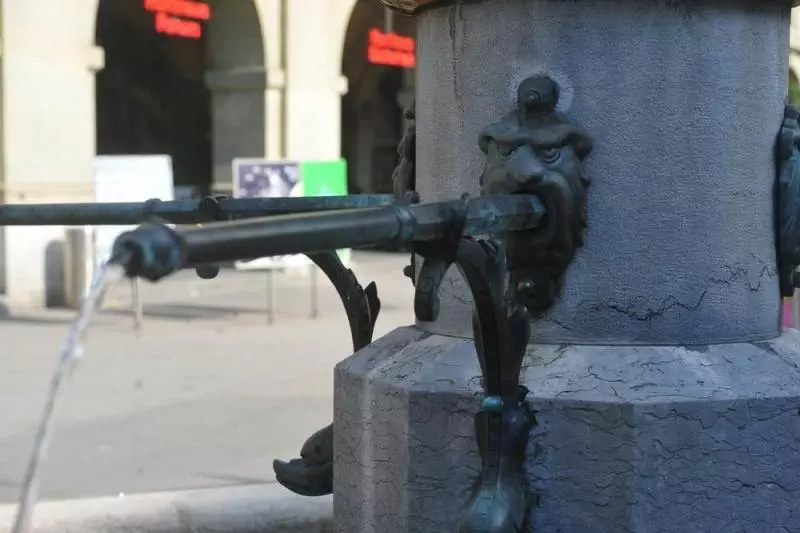Switzerland’s beauty is eclipsed only by the eye-watering price tags that await you once you arrive. Even before reaching your hotel, you might find a haircut for women costs 69 CHF, a cheese fondue that costs 38 CHF per person, or a 500ml bottle of Coke that can costs 3 CHF. While the Swiss franc (CHF) is roughly at parity with the Euro, things are often priced in a way that makes you think you’ve gone to la-la land. So how do you save money in one of the most expensive countries in the world?
Table of Contents
Interlude: Why is Switzerland so expensive?
- Geneva and Zurich rank among the top ten most expensive cities in the world. For better or worse there’s no confusing it with Thailand.
- Wages are high, even by Europe’s standards.
- Imports often have to come from the manufacturer.
- Competing on quality, not just price, is another factor. There’s also less need to compete on price when the country only has a few major companies in each given field. Blame the oligopoly if you like, but it’s a system that shares the wins.
So, what’s a tourist to do?
Get (and use) the city passes
The city cards in both Lausanne and Bern are available for free from your hotel, while the ones in Zurich, Basel, and Geneva pay for themselves in no time. Free public transportation is the constant theme amongst all of these cards, but they also offer discounts or free admission to local attractions. Which ones and how much varies, naturally, so check out the links above for yourself.
I should also point out the lesser-known Swiss Travel Pass (formerly the Swiss Pass). This is essentially a golden ticket for public transport across the country’s trains, metros, buses, trams, and to almost 500 museums across the country. You certainly won’t get to them all, but the ones you wish to reach will be free once you arrive.
Pick up simple meals at the grocery stores instead of eating out
You’ll have a tough time finding cheap restaurants or convenience stores in Switzerland — the best we could find was a place that served pasta in a plastic cup for about 8 CHF. Even the places we thought would be cheapest (kebab shops) ended up wanting almost 15 CHF for a kebab set! Our solution was to visit the grocery stores. Most Swiss hotels will have a kettle, which is perfect for making noodles of many types. If your room has an iron, a bit of (careful) creativity can whip up a grilled sandwich or other hot meals.
In short, get creative and pick up what you need at the grocery stores. My wife’s thing is bread and cheese — this is Switzerland, after all, so there’s plenty of both. I personally enjoy some good salami and sliced ham, which is also in plentiful supply. Migros is one common chain, while the Coop grocery stores (usually in the basement of the larger department stores) are fine as well.

(In case you’re wondering about the picture… I’m not too proud to eat ramen! What our room lacked was a bowl, so a shower cap over a straw bowl made a temporary bowl that didn’t make any mess outside of the shower cap.)
Refill your plastic bottles

Swiss tap water is not only potable, it’s as clean as anywhere else in the world. It’s also better for the environment, and won’t cost 2–3 CHF a bottle! If you’re a fan of soda / pop / Coke, the old trick of ‘buy the big bottle and refill the small bottle to carry with you’ is an oldie but a goodie.
Peruse the imported-from-Asia shops

These have consistently been one of the best places to shop for food and drink as we traveled throughout the country. Expect authentic Korean, Japanese, Chinese, and other Asian products to come in significantly cheaper than more local options at the grocery store. Whether your thing is cup ramen to have flashbacks to your college years or any number of meatier options, they’re an oasis of (relatively) lower prices.
Be on the lookout for combo tickets
Do your research beforehand, and ask once you arrive. Although most smaller cities don’t have a city pass, they might have a combo ticket or other ways of saving on admission. In Yverdon-les-Bains, for example, the Chateau Yverdon-les-Bains (an awesome castle and museum) and the Maison d’Alleurs (the ‘House of Elsewhere’, a museum of sci-fi and fantasy worlds) are across the street from each other. Buy a combo ticket for them both and you’ll save enough to upgrade your lunch.
Don’t miss out on the cheese
OK, so this may not sound like a ‘saving money’ tip, but it really is. When you’re trying to save money, you often end up passing on the things that make a country worth visiting. That’s a real shame — especially when it’s cheaper in the country it’s produced in. You don’t have to deny yourself everything in order to save — what’s the fun of traveling if you can’t enjoy it? If you’re not a cheese person, you probably already know Swiss chocolate is some of the best on the planet, and there are tons of offerings at any grocery store. Consider this your sweet reward for taking in Switzerland without breaking the bank.
With a bit of planning and thought, Switzerland can be fun and not as expensive as you think. Just trust me on the chocolate.

Oh, and did I mention some Swiss Army Knives now come with a USB stick? Just one of the things you might need while traveling the world!


